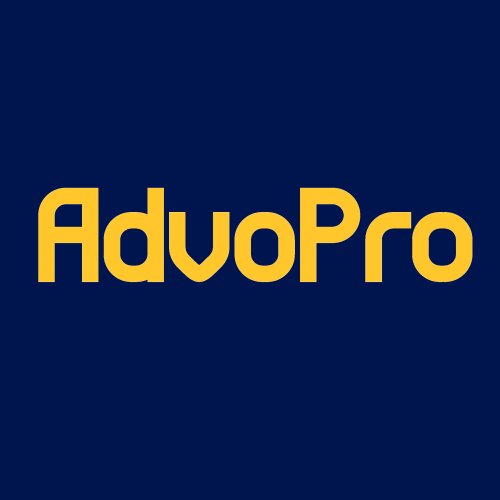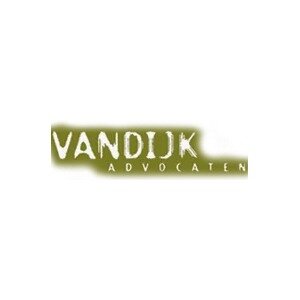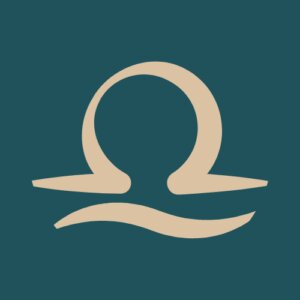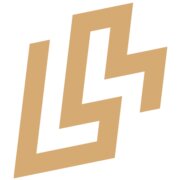Best FDA Law Lawyers in Netherlands
Share your needs with us, get contacted by law firms.
Free. Takes 2 min.
Or refine your search by selecting a city:
List of the best lawyers in Netherlands
About FDA Law in Netherlands
FDA Law in the Netherlands refers to the legal framework governing the approval, regulation, marketing, and monitoring of food, drugs, medical devices, cosmetics, and related products. While the term "FDA Law" is more common in the United States, the Netherlands enforces similar regulations through its own national authorities as well as European Union (EU) laws. The aim is to ensure that products are safe, effective, properly labeled, and in compliance with public health standards before being placed on the Dutch or EU market.
Why You May Need a Lawyer
Navigating FDA Law in the Netherlands can be complex, especially for businesses and individuals involved in the development, distribution, or sale of food, pharmaceuticals, and healthcare products. Common situations where legal expertise is recommended include:
- Registering a new food supplement, medicinal product, or medical device
- Facing inspections or compliance checks from Dutch or EU authorities
- Responding to regulatory enforcement actions such as recalls or product seizures
- Managing issues related to product labeling, advertising, or marketing claims
- Dealing with import or export restrictions
- Handling disputes related to patents or licenses for pharmaceutical products
- Seeking guidance on approval processes and documentation requirements
Local Laws Overview
Several Dutch laws and EU regulations shape the landscape of FDA Law in the Netherlands. The most prominent national authority is the Dutch Medicines Evaluation Board (CBG-MEB), which oversees the regulation of medicines. The Netherlands Food and Consumer Product Safety Authority (NVWA) is another key player, ensuring the safety of food products, cosmetics, and consumer goods. At the EU level, the European Medicines Agency (EMA) and the European Food Safety Authority (EFSA) set further requirements.
Key legal areas include:
- Medicines Act (Geneesmiddelenwet) - Covers the authorization, manufacturing, distribution, and monitoring of human and veterinary medicines.
- Food and Commodities Act (Warenwet) - Governs the safety, labeling, and composition of food and consumer products.
- EU Regulations - Regulations such as Regulation (EC) No 726/2004 for medicines and Regulation (EU) No 1169/2011 for food information are directly applicable in the Netherlands.
- Strict rules on health claims, marketing, packaging, and traceability for all products within these categories.
- Obligations for pharmacovigilance and product recall in case of safety issues.
Frequently Asked Questions
What is considered a medicinal product in the Netherlands?
A medicinal product is any substance or combination of substances presented with properties for treating or preventing disease in humans or animals, or administered to make a medical diagnosis or restore, correct, or modify physiological functions.
How are new drugs approved in the Netherlands?
New drugs can be authorized nationally by the CBG-MEB or via centralized procedures through the European Medicines Agency if intended for the EU market. Approval requires comprehensive documentation of safety, efficacy, and quality.
Who regulates food safety in the Netherlands?
The Netherlands Food and Consumer Product Safety Authority (NVWA) monitors compliance with food safety laws, labeling, and health claims, while the European Food Safety Authority (EFSA) offers scientific advice and standards.
What are the labeling requirements for food products?
Food products must be labeled in accordance with EU Regulation 1169/2011, which mandates clear ingredient lists, allergen information, nutritional details, origin, and expiration dates in Dutch. Misleading or unsubstantiated health claims are prohibited.
Are herbal or dietary supplements regulated?
Yes, these are subject to the Warenwet and additional specific regulations for supplements. Certain substances are restricted and approval must be obtained before marketing.
What should I do if my product is subject to a recall?
You must inform the competent authority, remove affected products from the market, notify customers, and take remedial actions. A legal adviser can assist in managing regulatory reporting and public communications.
Can over-the-counter medicines be advertised directly to consumers?
Limited advertising is permitted for over-the-counter medicines but must comply with strict rules regarding content, target audience, and the avoidance of misleading or comparative claims.
How are medical devices regulated?
Medical devices must comply with the EU Medical Device Regulation (EU MDR 2017/745) and require conformity assessments, CE marking, and ongoing post-market surveillance.
What are the penalties for non-compliance with FDA Law?
Penalties include administrative sanctions, product recalls, fines, withdrawal of authorizations, or even criminal prosecution in cases of serious health risks or intentional misconduct.
How do I import pharmaceuticals or food products into the Netherlands?
Imports must meet all Dutch and EU regulatory requirements, including proper registrations, certifications, and documentation. Customs declarations and checks are standard procedures, and non-compliance can result in seizure or rejection of products.
Additional Resources
Those seeking further guidance or support may benefit from contacting the following Dutch and EU bodies:
- Dutch Medicines Evaluation Board (CBG-MEB)
- Netherlands Food and Consumer Product Safety Authority (NVWA)
- Dutch Health and Youth Care Inspectorate (IGJ)
- Dutch Ministry of Health, Welfare and Sport (VWS)
- European Medicines Agency (EMA)
- European Food Safety Authority (EFSA)
- Netherlands Patent Office for questions on pharmaceutical patents
- Industry associations, such as the Dutch Association of Innovative Medicines (VIG)
Next Steps
If you believe you need legal assistance in FDA Law in the Netherlands:
- Collect all relevant documentation about your product or case, including licenses, registrations, correspondence, and inspection reports.
- Identify the specific area of concern, such as product approval, labeling, import issues, or enforcement actions.
- Reach out to a qualified lawyer specializing in life sciences, health law, or regulatory compliance within the Netherlands.
- Prepare a clear list of questions and objectives for your legal consultation.
- Ask the lawyer about their experience with Dutch and EU regulatory authorities, as well as their capability to support or represent you in official proceedings.
- Stay informed by following updates from official agencies, as regulations in this field can change frequently.
Seeking early legal advice can increase your chances of successful approval, compliance, or resolution of disputes under FDA Law in the Netherlands.
Lawzana helps you find the best lawyers and law firms in Netherlands through a curated and pre-screened list of qualified legal professionals. Our platform offers rankings and detailed profiles of attorneys and law firms, allowing you to compare based on practice areas, including FDA Law, experience, and client feedback.
Each profile includes a description of the firm's areas of practice, client reviews, team members and partners, year of establishment, spoken languages, office locations, contact information, social media presence, and any published articles or resources. Most firms on our platform speak English and are experienced in both local and international legal matters.
Get a quote from top-rated law firms in Netherlands — quickly, securely, and without unnecessary hassle.
Disclaimer:
The information provided on this page is for general informational purposes only and does not constitute legal advice. While we strive to ensure the accuracy and relevance of the content, legal information may change over time, and interpretations of the law can vary. You should always consult with a qualified legal professional for advice specific to your situation.
We disclaim all liability for actions taken or not taken based on the content of this page. If you believe any information is incorrect or outdated, please contact us, and we will review and update it where appropriate.
Browse fda law law firms by city in Netherlands
Refine your search by selecting a city.















